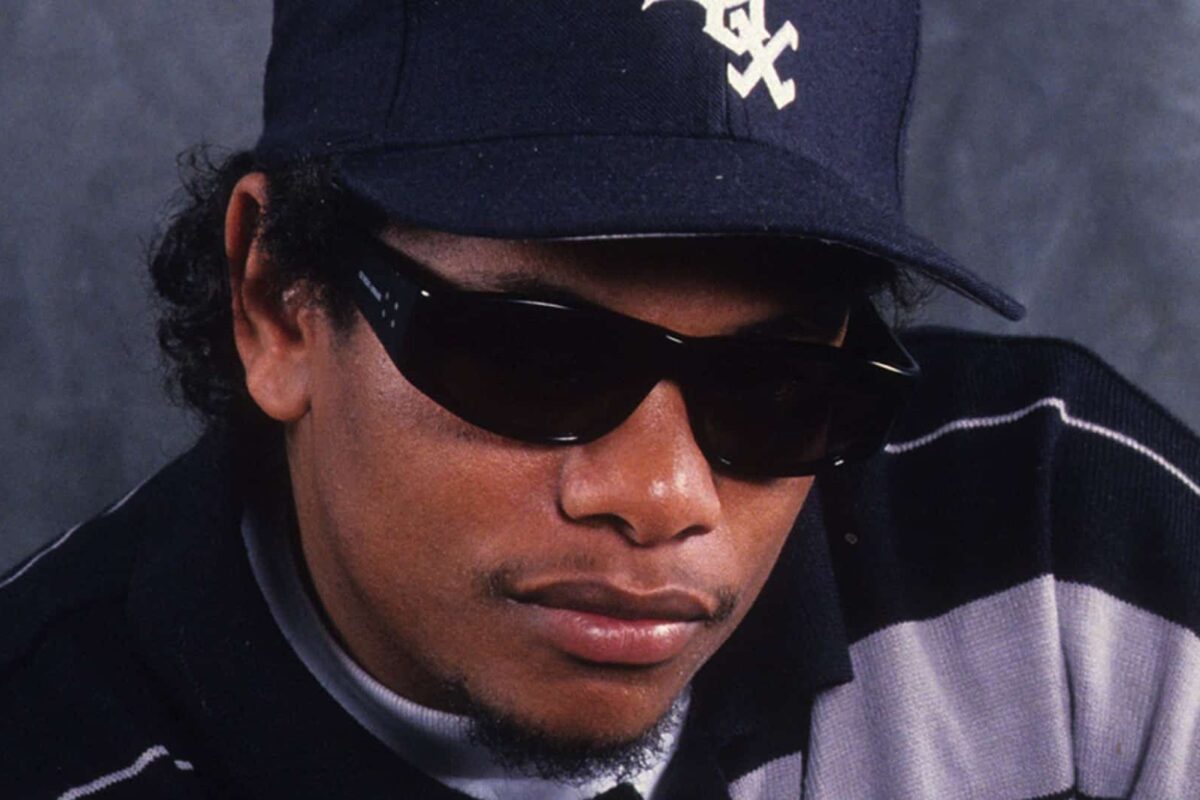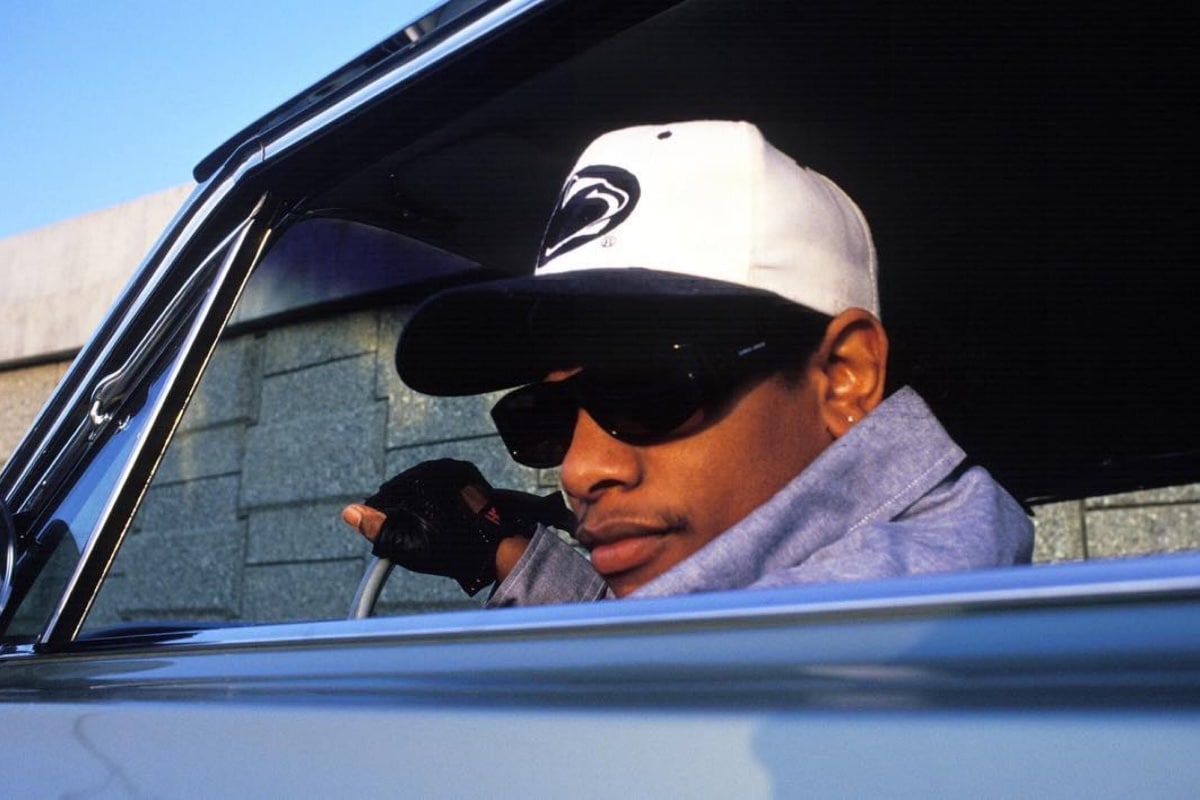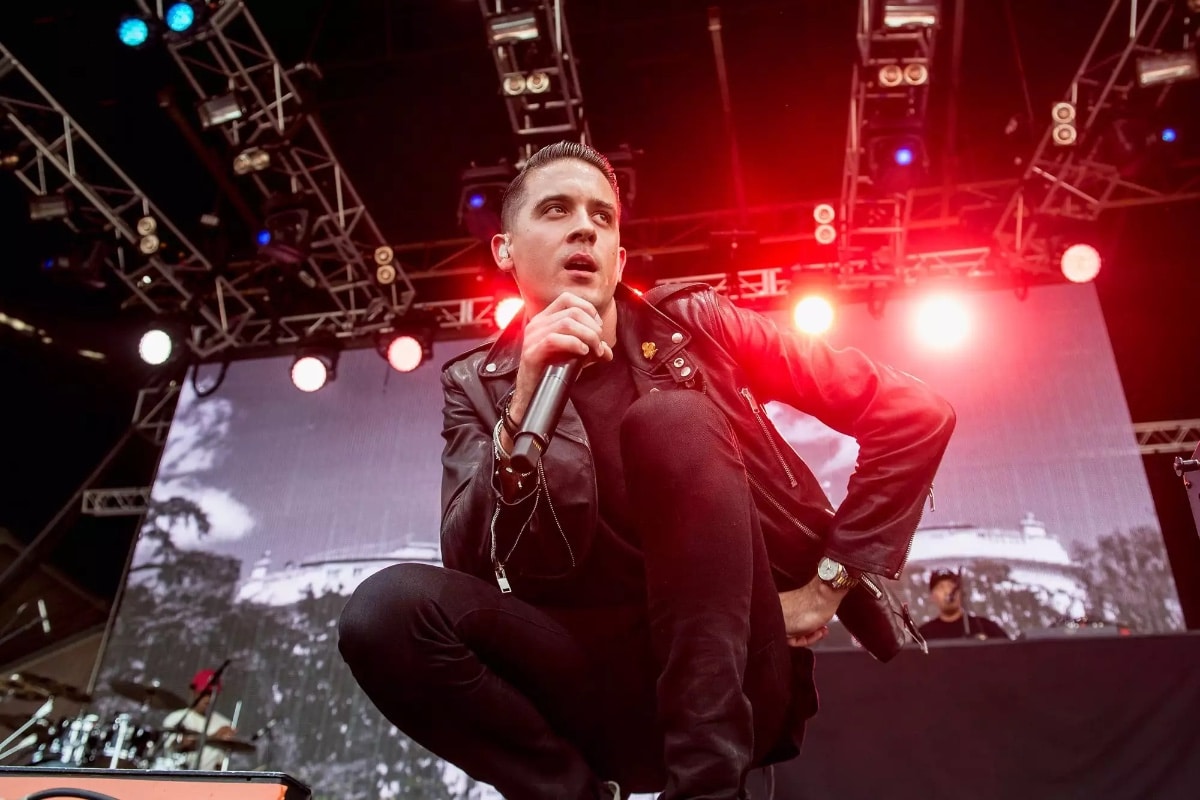When you think about the architects of gangsta rap, Eazy-E’s name is etched in stone, not just for his raw lyrical prowess but for the seismic waves he created in the hip hop realm. Eric Lynn Wright, better known as Eazy-E, wasn’t just any rapper; he was a visionary, a trailblazer who, alongside N.W.A, birthed a sound that echoed the streets of Compton, resonating with the gritty reality of life on the edges of society. From the garage of his parents’ house to the forefront of the West Coast hip hop revolution, Eazy’s journey was nothing short of cinematic, marked by highs, lows, and the undying spirit of a true hustler.
Before the fame, Eazy-E was navigating the perilous landscapes of Compton, a world where survival often meant assuming roles defined by the streets. His early life, marked by legal troubles and the hustle of drug dealing, was a testament to the harsh realities of his environment. Yet, it was this very struggle that honed his resolve, pushing him to pivot from the streets to the studio, where his true legacy would begin. Founding Ruthless Records with Jerry Heller, Eazy-E turned his back on a life of uncertainty for a shot at immortality in the rap game. This move wasn’t just about music; it was about changing the narrative, turning tales of the street into anthems that spoke to the heart of the urban experience.
The release of N.W.A’s “Straight Outta Compton” was a cultural bombshell, challenging societal norms and placing the spotlight on systemic issues faced by African-American communities. Eazy’s unique voice, coupled with the incendiary lyrics of Ice Cube and the beats of Dr. Dre, created a cocktail of rebellion and realism that had never been heard before. The album didn’t just sell; it ignited a conversation, making Eazy-E a household name and a figure of controversy and admiration.
However, the path to success is often littered with obstacles, and for Eazy, this came in the form of internal disputes within N.W.A and rivalries that would define much of his later career. The departure of Ice Cube and Dr. Dre from Ruthless Records marked the beginning of a new chapter for Eazy-E, one where he would navigate the treacherous waters of the music industry solo. Despite the feuds and the drama, Eazy’s influence never waned, signing and elevating the careers of artists like Bone Thugs-n-Harmony, proving his knack for recognizing talent and his unwavering commitment to the craft.
Eazy-E’s untimely death in 1995 from HIV/AIDS-related complications was a stark reminder of the fragility of life and the indiscriminate nature of disease. In his final days, Eazy sought to reconcile, reaching out to former adversaries and solidifying his place in the annals of music history. His legacy, however, remains immortal, transcending his contributions as a rapper to embody the spirit of resilience and defiance against the odds. Eazy-E wasn’t just the “Godfather of Gangsta Rap”; he was a mirror to society, a storyteller who used his platform to shine a light on the shadows of American life, leaving behind a legacy that continues to inspire and provoke.
As we look back on the life of Eazy-E, it’s clear that his impact goes beyond the records and the controversies. He was a pioneer, a voice for the voiceless, and a testament to the power of transformation. His story is a reminder that out of the depths of hardship can come profound expressions of art, truth, and resistance. Eazy-E’s legacy is not just about the music; it’s about the movement he helped spawn, a movement that continues to shape the landscape of hip hop and the broader cultural dialogue. In the end, Eazy-E’s journey from the streets of Compton to the pantheon of hip hop royalty is a narrative of struggle, innovation, and the undying quest for respect and recognition in a world that often turns a blind eye to the voices on the margin.
Would you like to learn more? Dive deeper into the depths of Eazy-E in our featured articles below.
Lyrics Analysis
Source: Wikipedia






